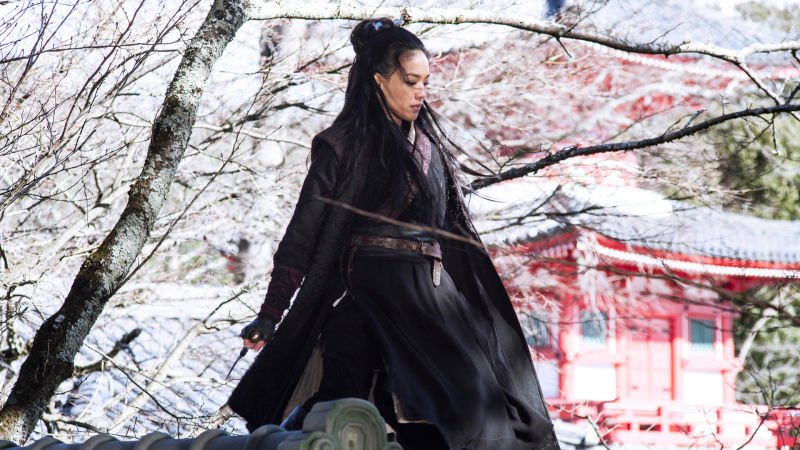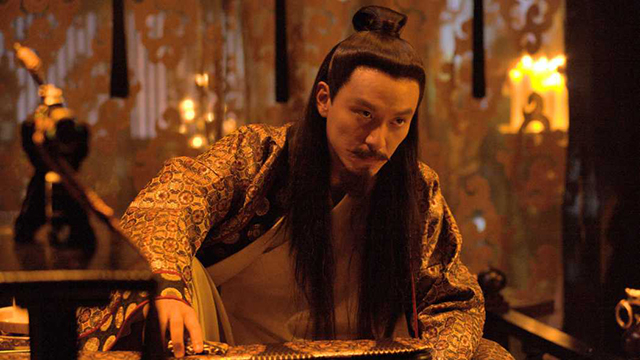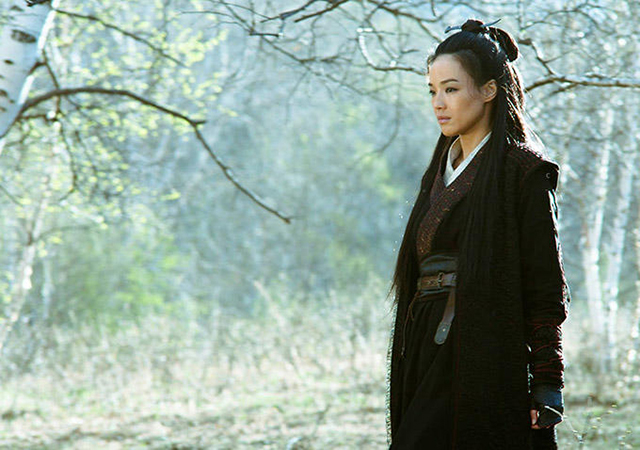Grindhouse martial arts meets art-house “slow cinema” — that’s one quick and dirty way to summarize acclaimed director Hou Hsiao-Hsien’s new film, The Assassin, his first venture into the gravity-defying heroic terrain of wuxia.
Yet make no mistake: The Assassin is worlds away from your average assembly-line effort. Instead, think of other masters of world cinema and their forays into genre moviemaking — like Stanley Kubrick stalking then elevating the pulp of Stephen King’s The Shining and Andrei Tarkovsky grappling with Stanislaw Lem’s outer space specters in Solaris.
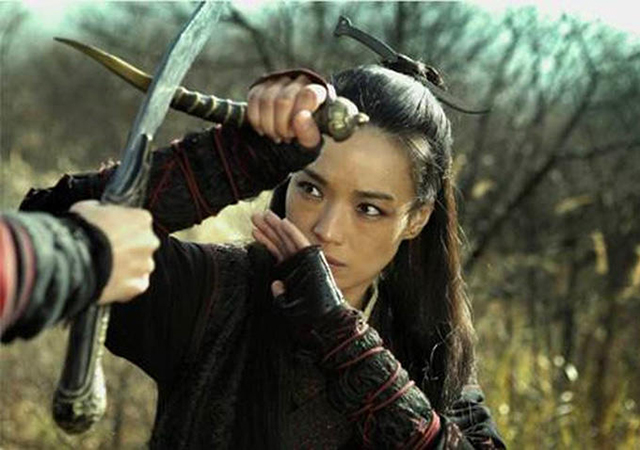
Likewise, Hou — a critical part of the “second new wave” of Taiwanese cinema and often credited with putting his country’s films on the map with 1989’s powerful A City of Sadness — bends the form to the shape of his imagination rather buckling to formula demands.
After a seven-year absence from feature filmmaking, The Assassin marks the return of if not a director’s killer’s instincts then his indelible signature: an unmistakable sense of time marked by long takes and discreet camera movement, a feeling for naturalistic movement within the frame of very formal, arresting compositions.
So instead of flying fighters and over-the-top physical one-upmanship, we find a thinking, observing and independent-minded bladeswoman played by Hou’s three-time leading lady Shu Qi. Instead of standard battlegrounds and set pieces, Hou gives us a soundscape of birdsong and breathtaking images straight out of classical Chinese landscape paintings.
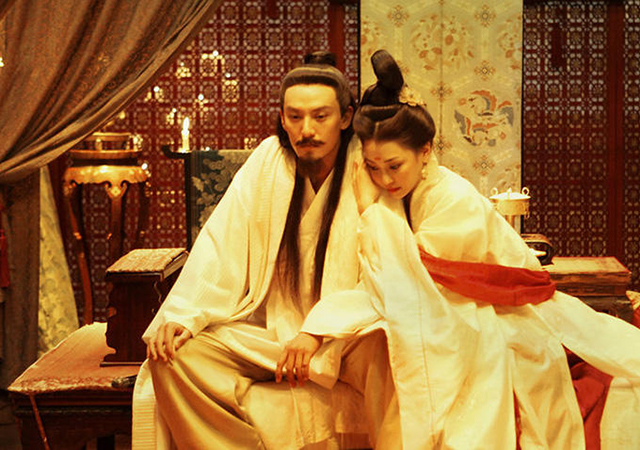
For this, The Assassin earned Hou the best director award at this year’s Cannes Film Festival. In San Francisco for the Mill Valley Film Festival and Taiwan Film Days earlier this month, the 68-year-old director sat down for an interview with the help of interpreter Ginger Wei.
